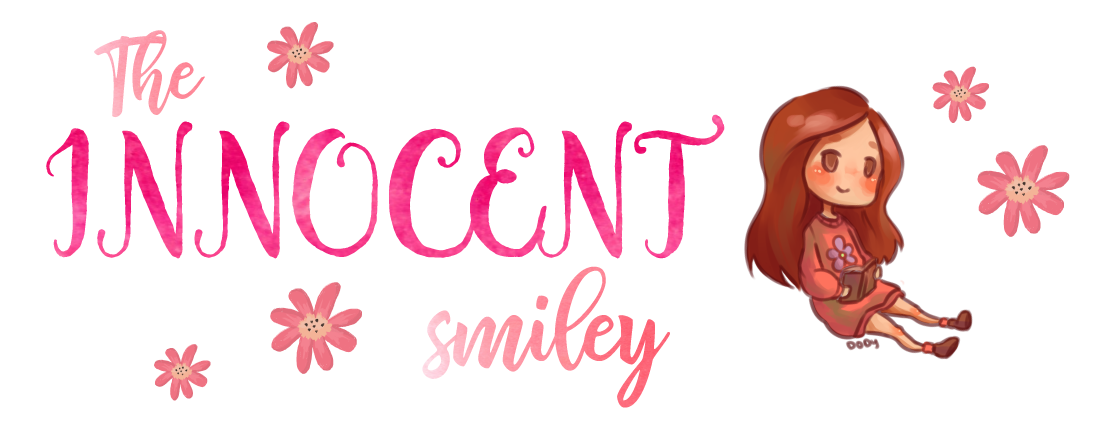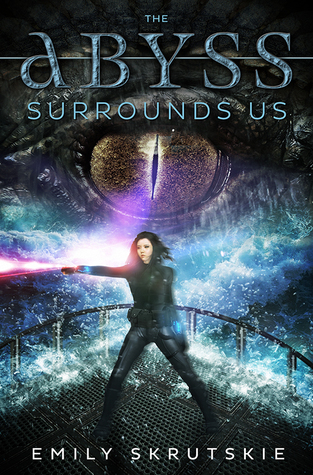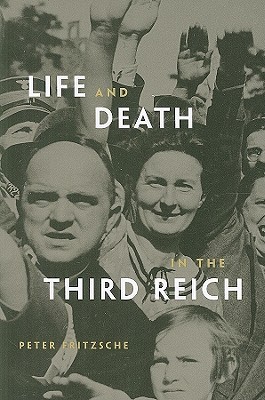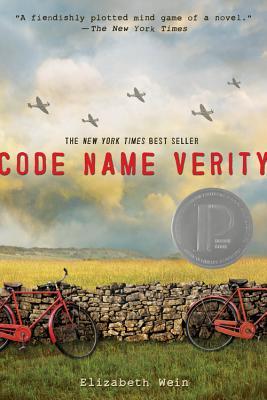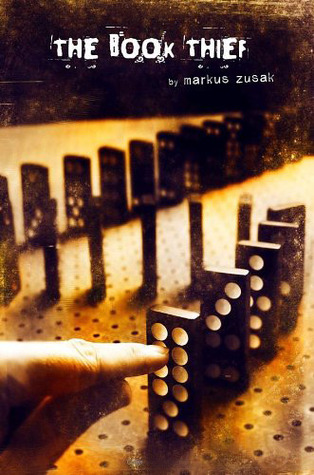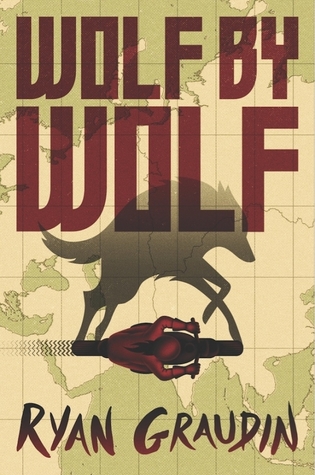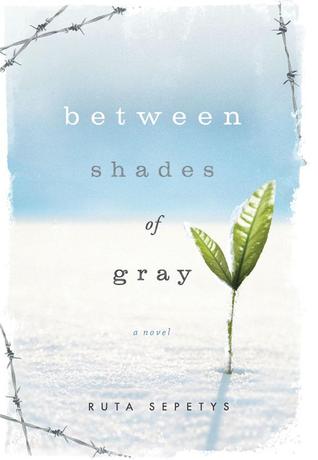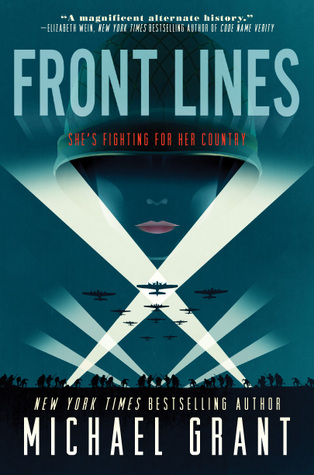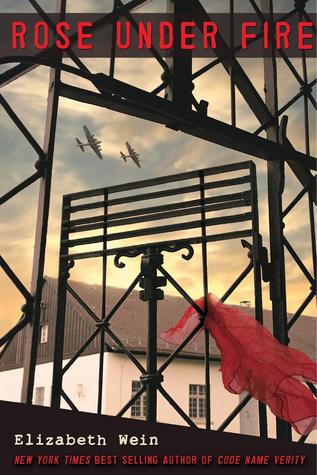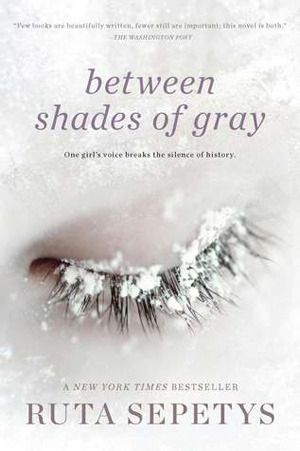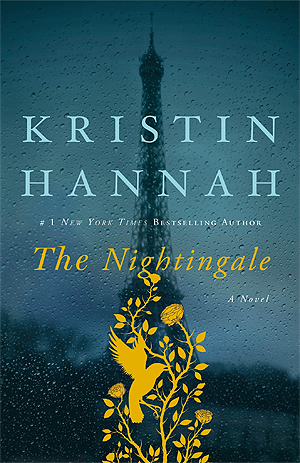I would like to introduce Shannon @
It Starts At Midnight, who has an
amazing post about her grandfather, who fought in the war. I actually went to her parents' house with her to look at all of the WWII stuff, and it was great! But yeah, you should read this! And as a reminder,
you can comment on this post, follow Shannon via Twitter and Bloglovin, and have that all count towards entries in the event's giveaway!
I will fully admit that I have not read enough books about World War II. Certainly not enough to satisfy young Valerie. I think she left a few copies of
The Book Thief placed strategically around my room so that it always looks like the girl is staring at me? Yeah. I have a whole list of those that I want to read, and I hope to get to them soon.
Thinking about World War II in general, I thought about how we really only know a few people’s real life stories. For every amazingly, heartwrenchingly told personal stories, such as Anne Frank’s
The Diary of a Young Girl, there are quite literally millions of stories that will never be told. There are stories from girls like Anne who never got to fulfill their dreams, there are stories from civilians from nearly every country on earth, stories from soldiers from both sides. Imagine the stories. The
lifetimes.
Because the thing is, for so many men and women who somehow made it home, World War II wasn’t the end. It was the beginning. For the vast majority of survivors, their lives were still short in years, even if they were far too full of the atrocities of war, and the worst (and in some cases, the best) of mankind. Now, more than seventy years since the end of the single most catastrophic event in human history, only a handful of those men and women remain with us. If you’re a younger reader, you likely don’t know any personally- Even the youngest servicemen would be close to their ninetieth birthdays, any civilian survivors would be well into their seventies if they even had memories of the war.
But to get to tell one of those stories? It’s an honor. One that I don’t think I can do justice, but I am going to go ahead and try anyway. It’s a war story, yes. But a love story, a family story, a life story.
My grandfather wasn’t the type to sit around and tell war stories. In fact, until I was much older, I didn’t even know he had been in the war, let alone in one of its biggest battles. In hindsight it makes sense. He was a kind soul, not boastful, not bitter. Clearly the war impacted his life in ways I can’t and will never be able to imagine. But outwardly? You’d certainly be unaware.
My grandmother was an easier nut to crack (bonus points for
Mockingjay references, right?), I think because she understood the catharsis of sharing these stories- and perhaps the sheer importance of it. To appreciate this story, you must understand that my grandparents had the kind of love that all of us wish and hope and long for. Every single day of their lives, they genuinely wanted to be around each other. I still wish for that in my life everyday, and I often think that maybe if I shout into the void, they can hear me. It’s a nice thought, anyway.
They married in June of 1944, right before my grandfather shipped out. (I’m pretty sure that Boy Meets World stole their story and did this episode, but I digress.) My grandmother went down to South Carolina, where he was leaving from, and they got married. Simply, without bells and whistles, without fancy dresses and guests and gifts. They got married because they couldn’t stand the thought of not being married. And then, he left.
Seriously, would you not love to be that happy?
My grandmother told me about how hard it was while he was gone. Newly wed, but alone. Waiting, wishing for letters, any correspondence, but terrified of hearing bad news at the same time. But she also once said that even though it was awful for her, the hardest part was seeing the kind of hell that he was in. There was news, of course- not CNN-level, but enough that people at home understood what their loved ones overseas were taking on. And she knew that so many of them wouldn’t be coming home.
My dad has done a lot of research about the battles my grandfather fought in. A
lot. Dates, routes, attack patterns, he may have reenacted some in our basement, I don’t know. But I DO know that the most significant and well-known battle was
The Battle of the Bulge. This battle “incurred their highest casualties for any operation during the war” for the United States, which is pretty intense in itself. Coupled with the exceptionally frigid cold weather, and surprise of the attack, I can’t imagine the physical and emotional toll, and the scars you’d inevitably carry for the rest of your life. Even in a war, even in a war you
believe in, killing another human being… I don’t think you can ever fully recover from that. Watching your fellow soldiers and innocent civilians die? That has to cost even more.
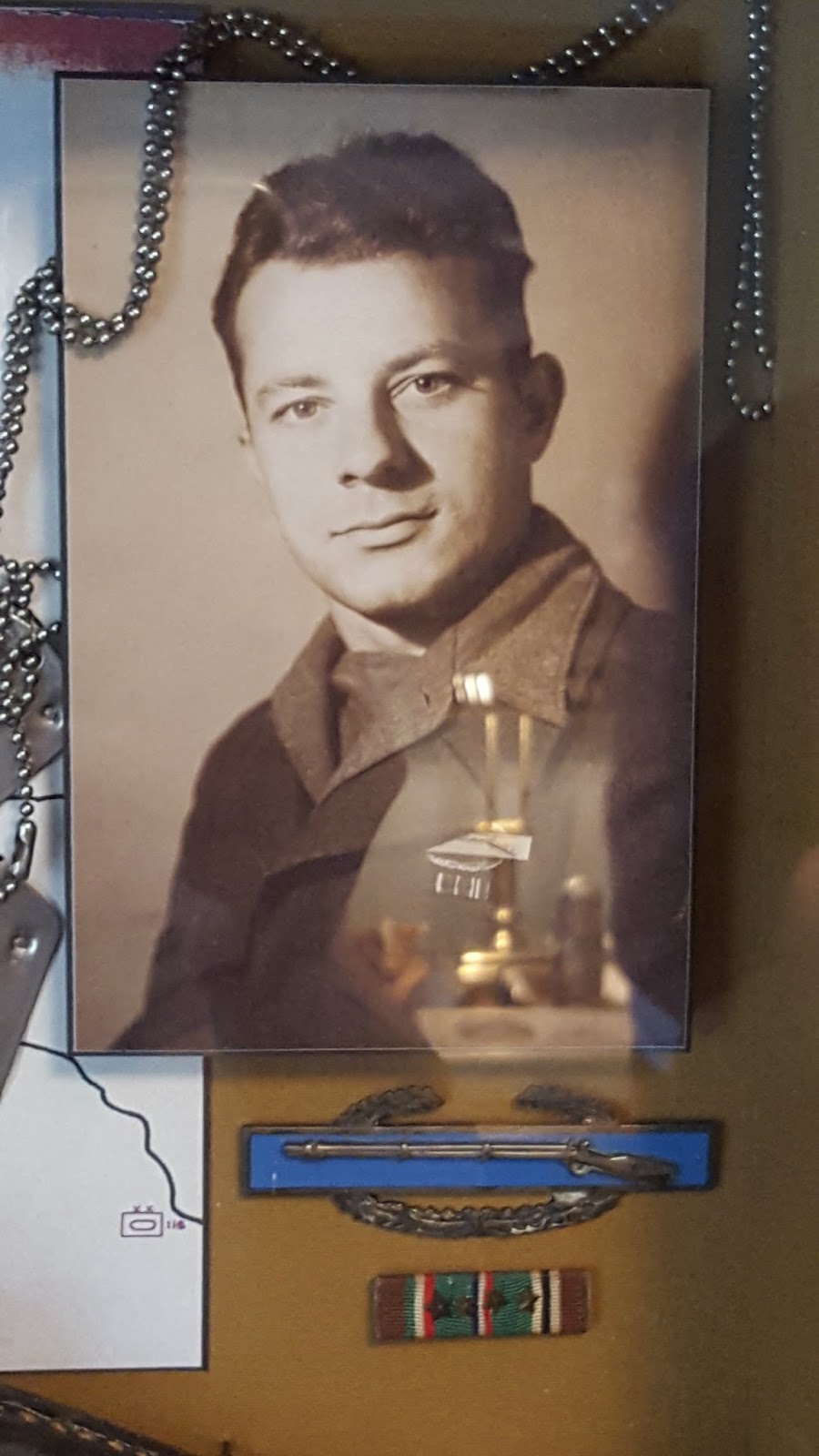
But he came back, as you’ve gathered by now. And I can’t help but wonder what kind of transition that is. Fighting, literally for your very life, all day every day. Then eventually, being popped back into society. There’s your wife, your home, your non-horrifying job. No one is telling you how to navigate your life, how to deal with the horrors. Certainly not back then, since we can’t even manage it now. But there was life to live, and I suppose in the end, he had to make a choice: either let the war consume him, or forge a path for himself. And I think that’s a brave choice. Not always a choice that a soldier is even capable of making, certainly not easy, but definitely something brave. He didn’t choose war, but he did choose life.
And sometimes life means a small human. This is my small human father, who while still human, is no longer small.
They lived a humble, quiet life, in a small town that no one has certainly ever heard from. It does have one stoplight and a large fake gorilla that waves to you though, so I guess that’s something. He worked a bunch of jobs that probably weren’t any fun, but he provided for his family. They were happy and healthy and comfortable, and at the end of the day, that was what mattered.
And eventually, my small human father became just my regular human father, went to college, got a job. He and my grandmother still had each other, in a house they’d lived in for decades. It was simple, but it was theirs. And when my father decided to spawn a couple humans of their own, my grandparents kind of morphed into super grandparents.
(Please, don’t pretend you wouldn’t be obsessed with small human-me too.)
You see, these people could have been fictional characters in a pretty badass World War II book. A young man being drafted into the army, a couple in love separated by war; a huge battle where lives were lost. But there’s so much more that happens after the last pages of the war are written. Who did they become? How did this change them? Did they live their best lives? Did the war change them forever, irreparably?
Well the answer to the last question is of course it did. Because how could it not? But did they live their best lives? Yes. And maybe not in spite of the war- but maybe because of the war. They loved fiercely. They worked hard. They knew how fleeting, how frail life was. They knew to stand up for what they believed in. They knew firsthand the good and the bad in the world.
Does this story have a happy ending? I like to think so. The above picture was taken at their sixtieth anniversary party. Six decades had passed, and the young people in love had turned into much older people, still fiercely in love, without the pre-war innocence,, but with experiences, and family, and life.
They celebrated only one more anniversary after that, when my grandfather passed away. Even after his death, my grandmother’s love was as strong as ever. When she passed away two and a half years ago, my heart shattered again, but somewhere, somehow I hoped that maybe they got to be together again. Because in my mind that is the only way it makes sense.
Like many books about World War II, theirs is now complete. But it will live on, and on, and on. In the love they had for each other, in the kindness and warmth and comfort that they brought to me and my brother. So really, the story simply never ends.
Shannon has been in love with reading since she can remember. Her absolute obsession began with The Baby-Sitters Club, and continued throughout high school. Then she found The Hunger Games, and the rest was, as they say, history. In addition to being inappropriately obsessed with all things THG, she quite fancies Young Adult books in general, and reads them when she should really be sleeping instead. You can find her at It Starts At Midnight!


